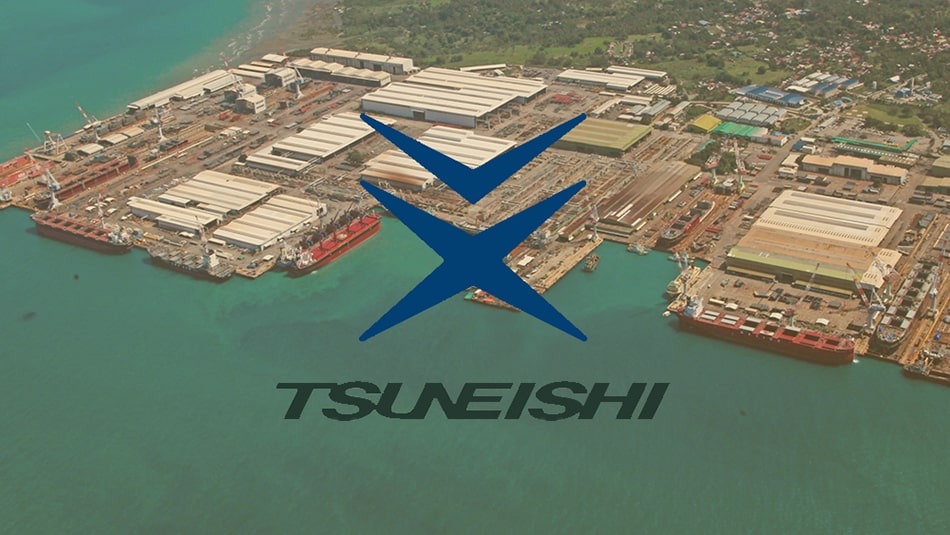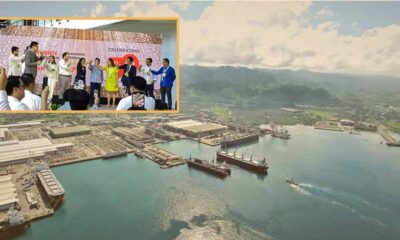Enterprise
Balamban to Build World’s Pioneering Methanol-Powered Bulk Carrier


The world’s first methanol-fueled bulk carrier will be built in Balamban town in Cebu, where the Philippines’ largest shipbuilding facility, the West Cebu Estate, is celebrating its 30th anniversary.
Tsuneishi Heavy Industries President Yasuaki Seto announced that a United States-based company has ordered four bulk carrier ships, which are expected to be delivered before the end of 2025. These new methanol-fueled vessels will emit fewer emissions, thereby contributing less to air pollution.
“We have received orders for four new Kansamax, the world’s first methanol-fueled bulk carriers. In our pursuit of a zero-emission vessel, we will construct the ships using green methanol here in Balamban, with a delivery schedule around the end of 2025,” said Seto during his speech at the 30th anniversary of the Aboitiz-led West Cebu Estate (WCE).
The upcoming bulk carriers to be built in Balamban will have a net weight of approximately 82,000 metric tons. They will measure 229 meters in length and have a maximum width of 32 meters.
Tsuneishi, the first investor in the West Cebu Estate developed by Aboitiz Infra Capital, now has a capacity to build 20 ships per year. Seto mentioned that, as of this year, they have 32 pending orders, including the four methanol-fueled bulk carriers. The facility currently employs at least 10,000 workers.
The 540-hectare WCE is also home to other shipbuilding companies such as Austal of Australia, as well as local builders Advance Catamaran Composites and Cebu Maritime Industry, solidifying Balamban’s position as the shipbuilding capital of the Philippines.
In celebration of its 30th anniversary, Aboitiz InfraCapital Economic Estates Head Rafael Fernandez de Mesa announced an ongoing expansion project aimed at diversifying the WCE and attracting other industries and commercial districts. The 39-hectare expansion project is expected to be completed by 2025 with an estimated cost of P800 million.
With the expansion project, the WCE plans to employ an additional 14,000 to 16,000 workers, bringing the total workforce to more than 30,000.
“We are excited about the expansion. It will diversify our locator mix to include light to medium manufacturing, as well as a central business district with commercial lots for sale, anchored by a new neighborhood mall with a transport terminal and a communal park. These additions will support the everyday needs of the Estate and the growing population in Balamban,” de Mesa told reporters during a press briefing.
de Mesa also mentioned that they are currently promoting the WCE in other countries like Japan, Korea, and Taiwan to attract potential locators or investors.















